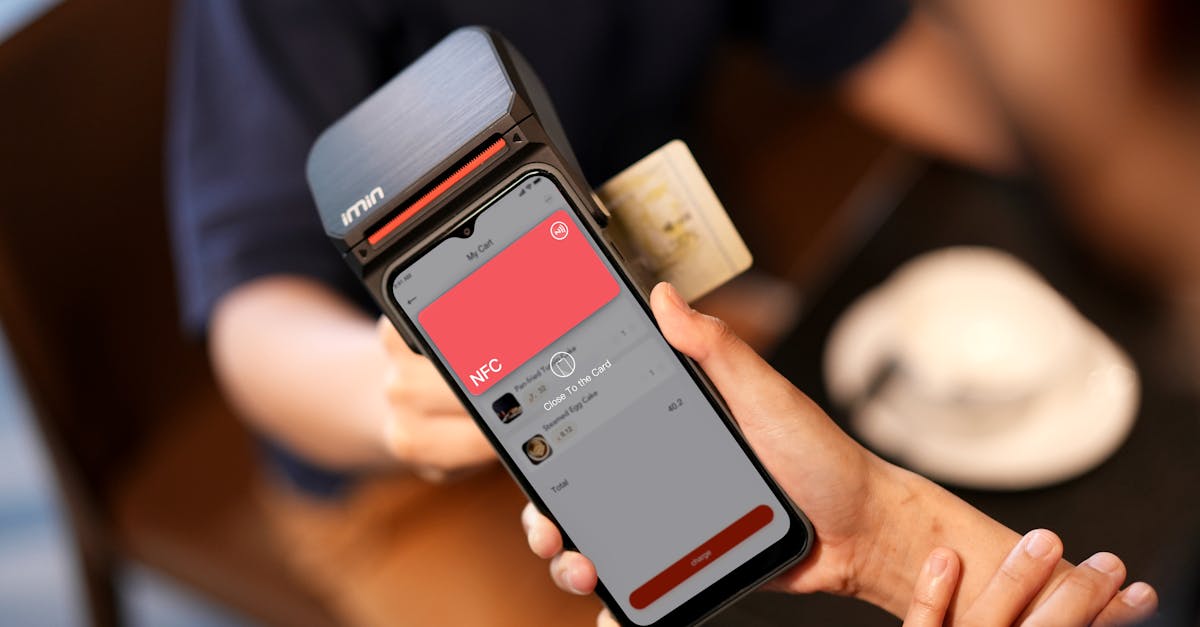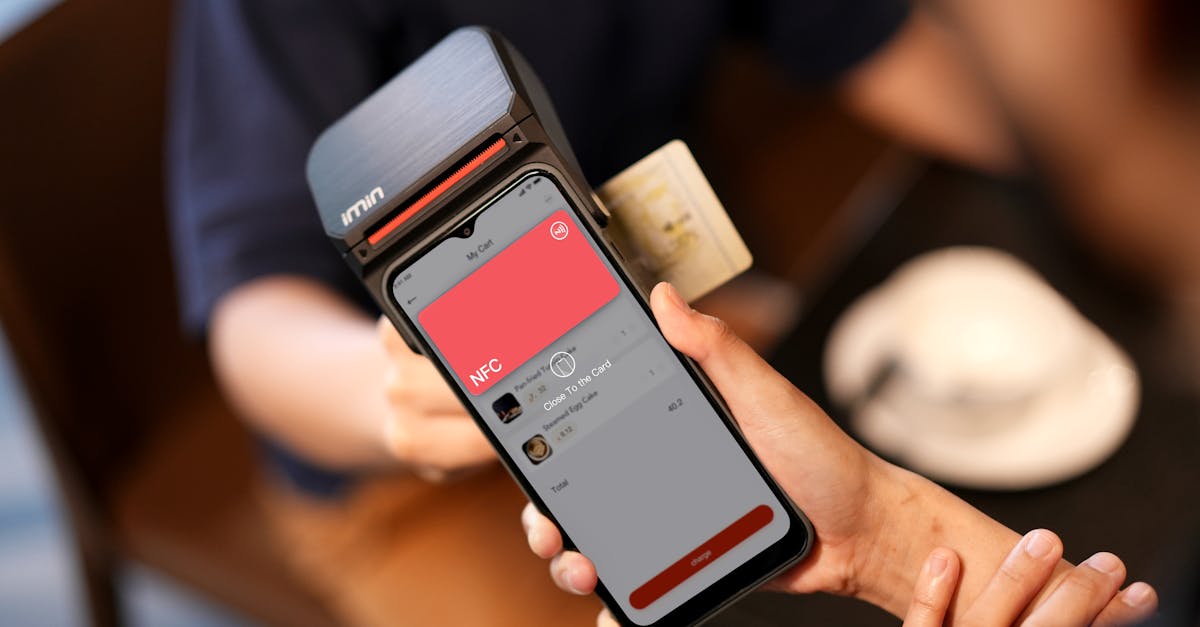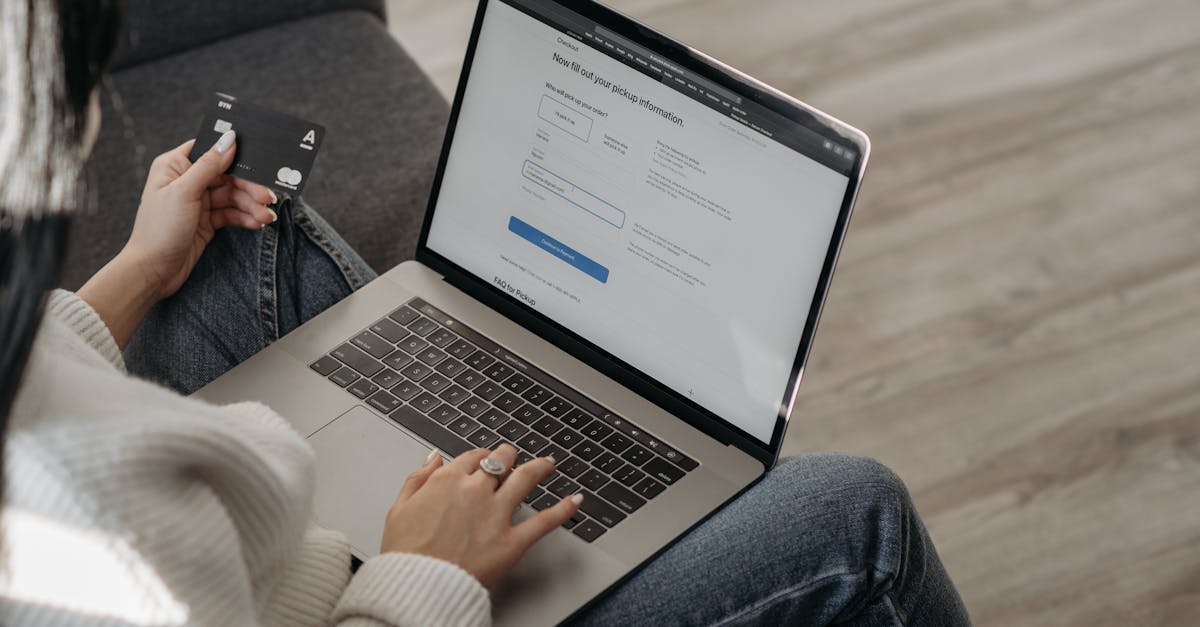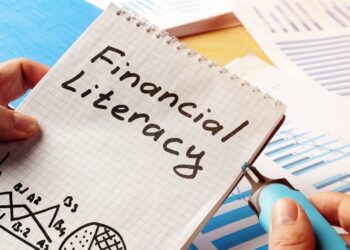Shopping addiction can feel like a never-ending sale, but it’s time to hit the brakes before those credit card bills start looking like a horror movie. Many find themselves caught in a whirlwind of impulse buys and retail therapy, convinced that the next purchase will bring happiness. Spoiler alert: it won’t.
How To Stop Shopping Addiction
Shopping addiction manifests as an overwhelming compulsion to purchase items, often leading to financial strain and emotional distress. Recognizing the signs and psychological factors behind this behavior is crucial for addressing it.
Signs and Symptoms
Common signs of shopping addiction include compulsive shopping, significant debt, and feelings of guilt after purchases. Individuals may frequently buy items they don’t need or use, often hiding purchases from family and friends. Emotional highs during shopping trips can lead to lows afterward, creating a cycle of temporary satisfaction followed by remorse. Individuals often prioritize buying items rather than managing essential expenses, which leads to further financial problems.
Psychological Factors
Several psychological factors contribute to shopping addiction, including low self-esteem, anxiety, and depression. Shopping may serve as a mechanism for coping with negative emotions or stress. Individuals might seek validation or happiness through their purchases, falsely believing it will provide long-lasting joy. For others, social influences and advertising can intensify the desire to shop, fostering the notion that happiness is linked to material possessions. Recognizing these underlying factors aids in understanding and overcoming shopping addiction.
Strategies to Overcome Shopping Addiction

Implementing effective strategies can significantly aid individuals in overcoming shopping addiction. Focused planning helps reduce impulsive spending and promotes healthier financial habits.
Setting a Budget
Establishing a clear budget is vital for controlling spending habits. Individuals should assess their income and necessary expenses before allocating funds for discretionary purchases. Avoiding vague financial plans leads to better accountability. Designating a specific amount for shopping each month can prevent overspending. Tracking expenses with apps or spreadsheets allows for more accurate financial awareness. Staying committed to this budget creates opportunities for savings and smarter financial decisions.
Creating a Shopping List
Developing a shopping list is essential for maintaining focus during shopping trips. Listing only needed items prevents impulse buys and unnecessary purchases. Prioritizing essential items helps to clarify what truly matters. Individuals can avoid distractions by sticking to the list while shopping. Allowing time to consider each addition to the list can prevent regret later. Reflecting on the necessity of items can lead to healthier spending patterns.
Building Healthy Habits
Building healthy habits is essential for overcoming shopping addiction. Individuals can replace shopping with more fulfilling activities that contribute to well-being.
Finding Alternative Activities
Engaging in alternative activities helps to redirect focus away from shopping. Exercise can boost mood and provide a natural high, while hobbies like painting encourage creativity. Volunteering in the community fosters connection with others and promotes a sense of purpose. Attending local events introduces social interaction without the desire to shop. Exploring new destinations, whether nearby parks or museums, can also replace urges to buy. Individuals can gain satisfaction from these experiences, making them less reliant on shopping for happiness.
Practicing Mindfulness
Practicing mindfulness can significantly reduce compulsive shopping behaviors. Individuals who practice mindfulness become more aware of their feelings and triggers. They might engage in deep breathing techniques or meditation to center themselves before shopping. Journaling can help them reflect on emotions linked to the urge to shop, identifying underlying issues. Focusing on the present moment allows individuals to connect with their desires and understand the motivations behind their shopping habits. Making this practice a daily routine contributes to healthier decision-making and greater emotional balance.
Seeking Support
Seeking support plays a crucial role in overcoming shopping addiction. Individuals benefit significantly from both professional help and peer support options.
Professional Help
Therapists specializing in behavioral addictions offer valuable strategies for overcoming shopping addiction. Cognitive-behavioral therapy provides individuals with tools to identify triggers and reshape impulsive thoughts. Psychiatrists might prescribe medications to help manage underlying issues such as anxiety or depression, which often co-occur with shopping addiction. Support from mental health professionals assists individuals in developing healthier coping mechanisms, addressing emotional motives behind purchases, and fostering improved self-esteem. Regular check-ins with a counselor create accountability, providing motivation to remain committed to recovery.
Support Groups
Support groups create a safe environment for individuals to share experiences and challenges. Meeting others who face similar struggles fosters connection and understanding, reducing feelings of isolation. Many groups follow a structured approach, allowing members to discuss their journeys and celebrate progress. Resources like online forums and local community meetings offer flexibility, catering to diverse needs. Active participation encourages individuals to voice concerns, share coping strategies, and reinforce commitment to making positive changes.
Conclusion
Overcoming shopping addiction requires a multifaceted approach that combines self-awareness, strategic planning, and support. By recognizing the emotional triggers behind compulsive shopping, individuals can begin to reshape their relationship with money and possessions. Establishing a budget and creating shopping lists are practical steps that empower better decision-making.
Engaging in alternative activities can provide fulfillment outside of shopping, while mindfulness practices help cultivate emotional balance. Seeking professional help and connecting with support groups can further enhance recovery efforts. With commitment and the right strategies in place, individuals can break free from the cycle of shopping addiction and embrace a healthier, more fulfilling lifestyle.










